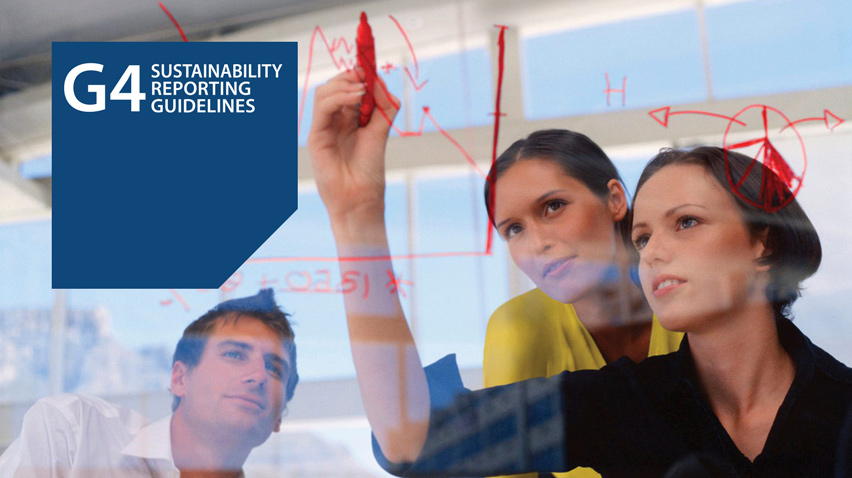Our executive scorecard
In 2016, sustainable development continued to account for 20% of the company scorecard, which helps determine the annual bonus levels for all our employees, including members of the Shell Executive Committee.
The Executive Committee’s sustainable development measures were split evenly between Shell’s safety and environmental performance in 2016. Our environmental measures covered operational spill volume, energy efficiency and use of fresh water. The safety measures cover, with an equal weighting, process safety events, such as leaks or spills of hazardous material, and personal safety. These measures reflect Shell’s Goal Zero ambition of no harm and no leaks.
Targets covering all employees are set each year by the Board’s Remuneration Committee to incentivise continuous and sustained improvement.
Sustainable development will continue to account for 20% of the 2017 annual bonus scorecard. The safety component will still cover process safety events and personal safety, but based on recommendations from the Corporate and Social Responsibility Committee, the Remuneration Committee has focused the environmental component on greenhouse gas (GHG) emissions in three specific business areas: refining, chemical plants and flaring in upstream assets. This goes beyond carbon dioxide to include other GHGs such as methane.
Scorecard Structure

Operational excellence
- 2017
- 2016
- Liquified natural gas sales 12.5% 6%
- Production 12.5% 12%
- Refinery and chemical plant availability 12.5% 12%
- Project delivery 12.5% 20%
Sustainable development
- 2017
- 2016
Safety 10%
- Process
safety 5% - Personal
safety 5%
- Process
safety 5% - Personal
safety 5%
Environment 10%
- Water use 2%
- Oil spill volumes 4%
- Energy intensity 4%
GHG management:
Refining, Chemicals and flaring 10%
- Sustainable development
- Operational excellence
- Cash flow from operating activities
